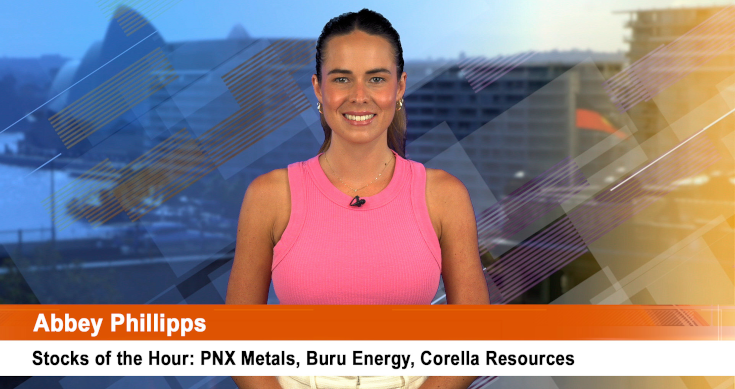Key points:
- Last month Suncorp offered to buy-back their SBKHB hybrids at $80, a 20% discount to face value.
- The hybrid was a perpetual security that never had to be repaid and traded at $73 the day before the buy- back announcement.
- The quandary for banks is that the income securities represent very cheap funding and may still contribute to regulatory requirements under transitional rules, compared to the significantly higher cost of funding fully compliant new Basel III securities.
- Bonds have the certainty of a firm maturity date where the company must repay investors, thus are lower risk than hybrids that usually have soft maturity dates or are perpetual investments that never have to be repaid.
ASX listed hybrids are a popular class of securities which can appear at first glance to be as safe as bonds or term deposits but they are not, as shown by the loss that some owners of Suncorp Metway hybrids may have suffered last month.
In the case of Suncorp, the company offered a 20 per cent discount to their listed hybrid’s $100 face value, meaning that investors in the initial issue who accepted the deal lost 20 per cent of their capital despite the company’s healthy balance sheet.
The Suncorp SBKHB hybrids were issued in December 1998 as a perpetual security that never had to be repaid. They paid quarterly floating interest of 75 basis points (bps) above the benchmark rate, which for the last quarter equalled 3.45 per cent annualised, which is considered cheap funding for the bank and a poor return for any investor who bought the notes at first issue. This explains why the hybrids were trading at a substantial discount to face value.
The cost to Suncorp to reissue would be close to ANZ’s latest hybrid which issued at 325bps above the benchmark rate, or 5.98 per cent annualised for the last quarter.
Suncorp offered to buy back the SBKHB as a way of managing its capital. Paying less for debt than its face value is clearly a benefit for the bank.
Despite being less than the face value, the $80 Suncorp offered per security was a premium over the $73 investors could have sold them for on the ASX the previous business day. Contrast this dilemma with the option available to bond investors who can hold to maturity and receive $100 face value even if their bond is trading at a discount today.
A majority 58 per cent of the notes were sold back to Suncorp leaving just $136m outstanding. I expect the hybrids to remain outstanding for years given they are very cheap funding with little prospect of investors receiving back $100 face value.
The buy back has implications for the other three perpetual income securities still trading, the Bendigo and Adelaide Bank Notes (BENHB), Macquarie Bank Income Securities (MBLHB) and the NAB Income Securities (NABHA).
All four securities were issued pre Basel III regulations on bank capital adequacy and thus do not fully comply with new regulations to contribute to capital. However, there are complex transition arrangements in place where non-compliant securities may still receive weighting towards capital ratios out to 31 December 2021.
While it’s important for the banks to hold enough capital to meet regulatory requirements the trade off in regards to repaying these securities is the higher cost of funding needed to replace them.
The success of the $80 offer by Suncorp would give some confidence to the other banks that they could do the same with their securities. However, NAB’s issue, at $2 billion is the largest of the four and is roughly the same cost for the bank as term deposits with the benefit of possibly still contributing to its capital. I think the size of the issue and the benefits to the bank would outweigh repayment at this point.
To make your own call in regards to the likelihood of repayment for other perpetual income securities, you need to consider:
- Do the securities still contribute to regulatory capital?
- What is the cost of replacement funding – are existing hybrids cheap funding for the bank?
- Is there anything to trigger capital repayment?
Bonds have the certainty of a firm maturity date where the company must repay investors, thus are lower risk than hybrids that usually have soft maturity dates or are perpetual investments that never have to be repaid.
This article also appeared in The Australian.







